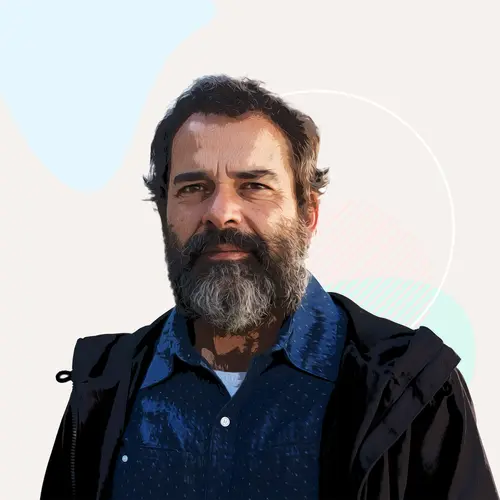When you’re done with treatment for your oral cancer, you’ll probably want to talk with your doctor about the chance that it could come back, or “recur.” Your medical team will do everything possible to try to make sure that you don’t have a recurrence.
But cancer can come back when a few cancer cells are hidden in the body after treatment. Over time, they can grow into a tumor.
So just in case, you’ll want to know what to watch for, what can help prevent it, and when to call your doctor.
What to Watch for
Oral cancer can come back in these places:
- Where you first had it. Doctors call this a “local” recurrence.
- In the same general area as before, like nearby lymph nodes. This is a “regional” recurrence.
- In other parts of your body, like your bones or lungs. This is a “distant” recurrence.
Signs of recurrence depend on where it happens. Learn how your mouth, face, and neck normally look and feel. This helps you to notice changes right away. See your doctor if you notice any changes. Common signs include:
What Can Prevent It?
There’s no sure way to keep oral cancer from coming back after treatment, but there are things you can do to help lower the chance of it happening.
Quit tobacco. If you smoke or use any other form of tobacco, the most important thing you can do is quit. Talk to your doctor if you need help quitting.
Limit or stop drinking alcohol to lower your risk.
Stay well. Eating healthy foods, staying at a healthy weight, and getting exercise can help you be stronger and feel better. Science has not shown that these things can keep oral cancer from coming back, but they do have many other benefits.
See your cancer doctor and dentist regularly. These visits are an important part of watching for signs of cancer recurrence.
Diagnosis
You'll see your cancer doctor for many years after treatment ends. At these visits, you’re checked for long-term side effects, new problems, and cancer recurrence. You'll get blood tests and scans to look for signs that the cancer has come back. The scans used will be a lot like the ones you got when you were first diagnosed with oral cancer, such as CT scans and X-rays.
If your doctor finds a change that may be cancer, you will get a biopsy. This means your doctor will take cells from the area to test in a lab. It’s the only way to know for sure that cancer has come back
Treatment
Your doctor will talk to you about treatment options and whether the goal is to cure the cancer or control it. This information can help you make the treatment choices that are best for you.
Treatment depends on things like:
- Where the cancer is
- The size of the tumor
- The kind of treatments you had before
- Your overall health
- Your choices
You may want to ask your doctor if there’s a clinical trial that would be a good fit for you. Clinical trials are how researchers test new treatments. Your doctor may recommend a trial as a way to treat recurrent oral cancer, especially if it has spread to other parts of your body.
Local Recurrence Treatment
Your cancer is in the same place it started the first time.
If you already had radiation therapy, you may get surgery to take out the new tumor.
You probably won’t get external radiation, since doctors rarely use it to treat the same place. But you may be able to get internal radiation (called brachytherapy). This is when you get tiny seeds or pellets of radiation right into the tumor to kill the cancer cells.
If you already had surgery, your options may be:
- More surgery
- Radiation therapy
- Chemotherapy
- Targeted therapy (medicines that attack specific parts of cancer cells to stop them from growing and spreading)
- A combination of these treatments
Regional Recurrence Treatment
Your cancer is in lymph nodes near where it started the first time.
If this happens, you’ll get surgery to remove the lymph nodes in your neck. You may get radiation after surgery.
If surgery isn’t an option, you may get radiation, chemotherapy, or targeted therapy.
Distant Recurrence Treatment
Your oral cancer has come back in other parts of your body.
When it comes back in another part of your body, such as your lungs, doctors prefer to do chemo or targeted therapy. It’s hard to cure oral cancer that has spread. But treatment can help shrink the tumor and slow its growth.
Palliative care is also important for anyone with cancer. It includes taking care of any pain, eating problems, and difficult emotions you may be dealing with, as well as your disease. It’s not always the same as hospice care, and it should be an option for you when you start your cancer treatment.

